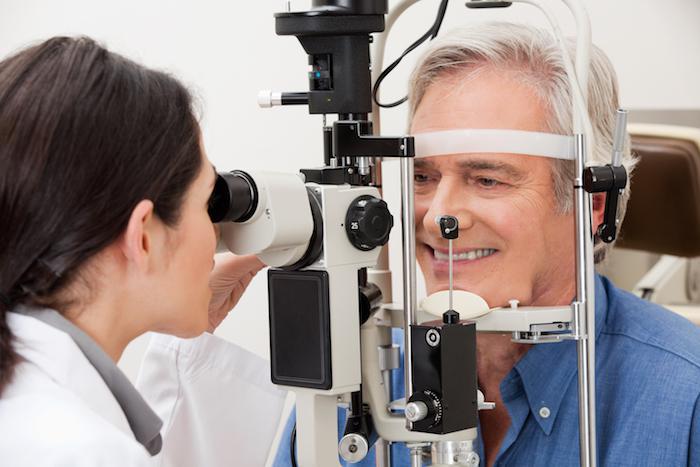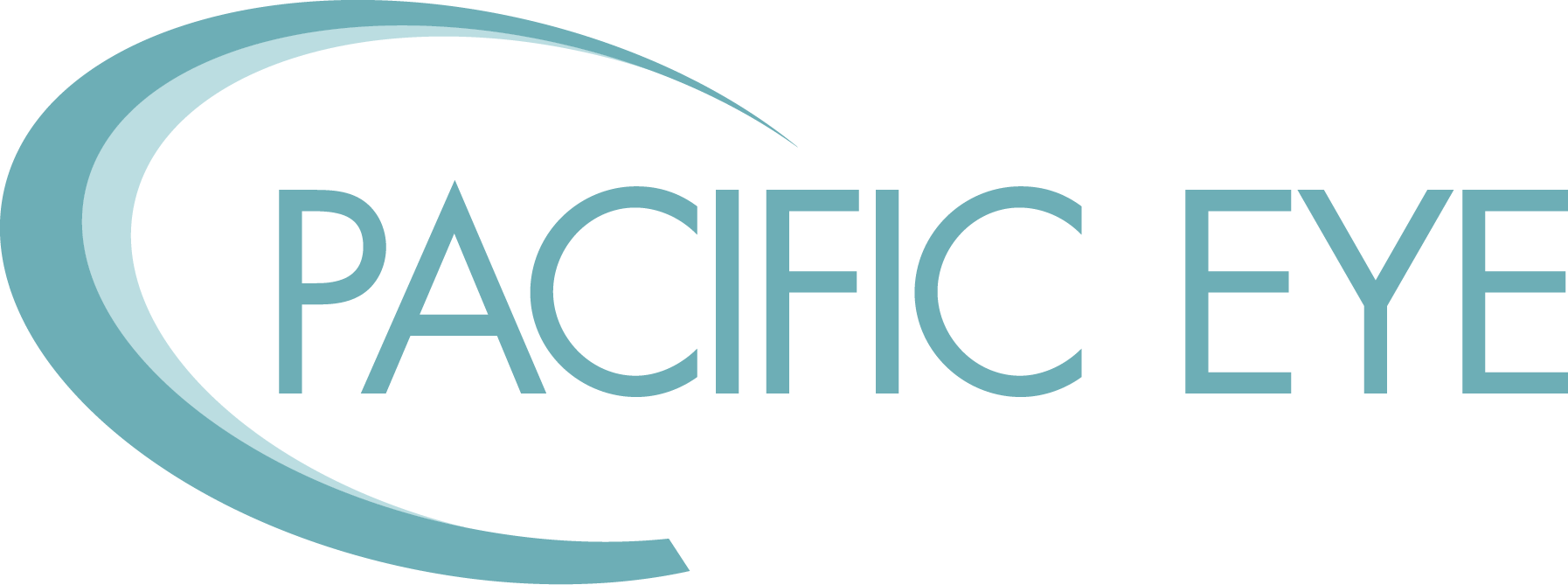
It’s no secret that your body changes as you go through life. Maybe your skin shows more lines and wrinkles, or your joints feel a little stiffer. The aging process is natural, but it’s important to learn how your health care needs change too.
Getting older means your risk of certain health issues may go up — and that includes eye health issues like glaucoma and macular degeneration. The good news is that comprehensive eye care can help protect your vision for years to come.
At Pacific Eye, our optometrists specialize in eye care for all ages. We’re proud to work with seniors to help them maintain their eye health and vision quality. If you’re in your golden years, here are some age-related eye health issues you need to know about.
Common eye problems that come with getting older
Just like the rest of your body, your eyes change as you age. The tissues in your eyes are prone to deterioration, which increases your risk of many common eye conditions.
Cataracts
Cataracts affect over half of American adults over age 80. When you’re young, the lens in your eye is naturally clear. Over the years, however, the proteins that form the lens begin to break down, and the fragments clump together, blocking the light that enters your eye and affecting your vision.
Symptoms of cataracts often include clouded vision, poor night vision, and sensitivity to light. Symptoms often start slowly and get progressively worse the longer your cataract is left untreated.
Chronic dry eye
Chronic dry eye is an uncomfortable condition that develops when your eyes don’t produce enough tears. While anyone at any age can have dry eye, it’s particularly common among older adults because of the way your eyes age.
Age-related dry eye can make your eyes feel itchy, uncomfortable, and sensitive to light. Your eyes may look red, or you may have excess mucus around your eyes.
Glaucoma
Glaucoma is one of the top causes of vision loss in the United States. The two most common types are open-angle glaucoma and angle-closure glaucoma, and both can erode your vision quality and lead to blindness over time.
Open-angle glaucoma may not cause symptoms at first. Over time, it can cause blind spots or tunnel vision. Angle-closure glaucoma triggers acute attacks that are often painful and difficult to ignore.
Macular degeneration
Macular degeneration affects about 1 in 8 people over age 60. It’s a condition that compromises your central vision, and it can eventually lead to blindness.
Getting older is the biggest risk factor for macular degeneration. As you age, the tissue in the macula of your retina starts to deteriorate. Deposits form under your retina and affect your visual acuity.
Macular degeneration doesn’t have noticeable warning signs in early stages. As it progresses, it might cause a lower quality of vision or make straight lines appear wavy.
Presbyopia
Presbyopia is an age-related eye condition that occurs when the lens of your eye starts to harden, and it can’t focus light as well as it once did.
If you have presbyopia, you might notice that your close-up vision starts getting blurry around age 40. It continues to worsen as you get older.
Protecting your vision at every age
It’s important to learn the symptoms of these common age-related eye conditions so you can seek care if you notice them. However, eye and vision changes often happen so gradually, you might not notice until your vision is significantly affected.
That’s why regular comprehensive eye exams are so important. Most adults ages 18 to 64 should get a comprehensive eye exam at least once every two years. Adults over age 65 should get annual eye exams.
Our San Luis Obispo optometrists offer eye exams for seniors, and we specialize in identifying and treating all types of eye conditions. Depending on your age, we screen for glaucoma, cataracts, macular degeneration, and more. If you have diabetes, we can screen for diabetic retinopathy and other issues too.
Is it time for your next eye exam? Schedule an appointment at Pacific Eye. Contact us online or call the office nearest you to get started.







